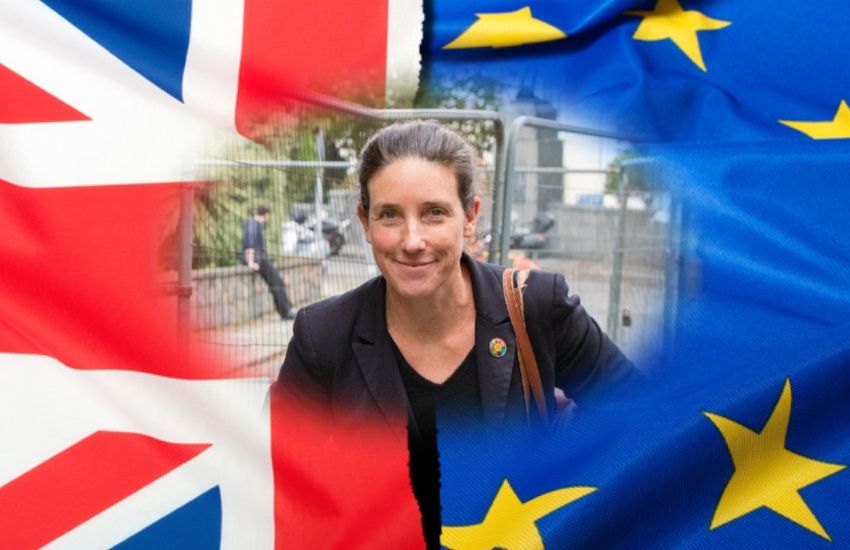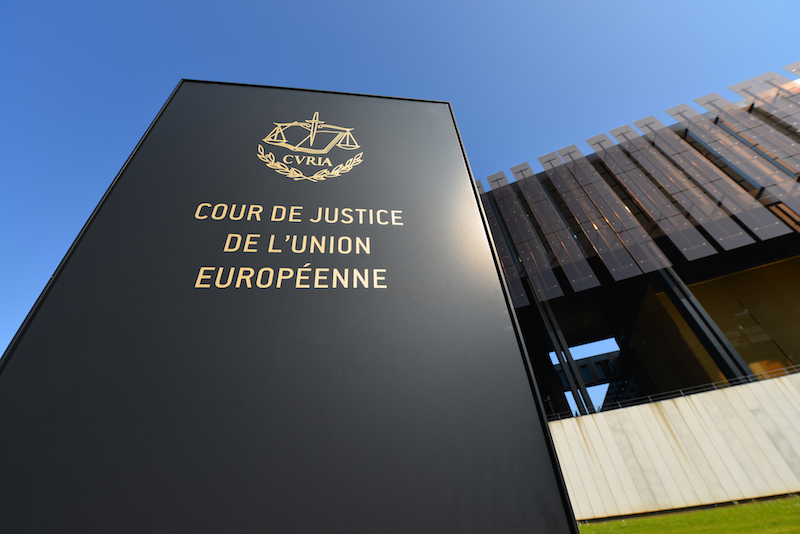


Keeping up with continually evolving international treaties, as well as Guernsey having to take on much more responsibility following the UK’s exit for the European Union, is a cause for frustration according to E&I.
The concerns were aired as Environment & Infrastructure published its plans to update animal welfare laws, partly to keep pace with this new relationship which goes beyond Brexit to a whole host of international conventions the island is signed up to on the transport of livestock, plants, the protection of migratory species.
“Some areas are more impacted than others and we are one of the ones that are really heavily impacted,” E&I President Deputy Lindsay de Sausmarez said. “We've had a whole raft of legislation that we've had to bring in, for example about phytosanitary regulations, and things like that, which we've never needed before Brexit."
“The post-Brexit environment has made everything so much more complicated. We've actually had to put in a whole load of resources and time that goes completely unrecognised... no one ever sees the huge amount of work that goes on behind the scenes in the States to actually put get Guernsey to where we need to be in order to deal with the ramifications of Brexit.
“It's important that Guernsey's legislation aligns with our main trading partners, especially in a post-Brexit, post-protocol three, world. We need to make sure that our legislation mirrors our trading partners' legislation. Also, when it comes to making free trade agreements, it's important that our environmental standards are in keeping with other jurisdictions as well, we need to be seen as a mature and responsible jurisdiction in our own right.”
For decades Guernsey and the other Crown Dependencies benefitted from a special relationship with the European Union.
Protocol 3 was agreed on the UK’s ascension to the then-EEC and absorbed the islands into shared customs and tariff arrangements, as well as the free movement of goods and people, without being a member state.
The free movement of services was not applied, and this has never affected much of the operations of the financial services sector. Neither was central funding nor subsidies from Brussels.
“Regulations are directly applicable in EU Member States. Insofar as they were binding on the Bailiwick under Protocol 3, they had immediate legal effect and formed part of Bailiwick law without the need to enact local legislation,” the States’ website says.
Bailiwick governments could also pick and choose EU directives to apply without the need to ratify laws through the Privy Council, even if there was no obligation to do so.
But all this came to an end on 31 December 2020 when the UK’s transition period ended and a new relationship formally began with the EU.

Pictured: The European Court of Justice.
Deputy de Sausmarez described it as “an amazing deal” for the Bailiwick. “We were considered a third party only. So rather than just being considered part of the UK, which was part of Europe, everything was a lot easier as a result, even though we weren't actually part of either the UK or Europe.
“It was really, really beneficial while it lasted, but it fell away with Brexit. So, we've had to recalibrate our relationship with the EU as a result.”
The States’ Vet, David Chamberlain explained how Brexit has changed roles for the island in milk residue testing, and how it caused headaches as the transition period and the realities of the new environment came to a head.
“We used to fall under a lot of the UK’s regulation and control. When it came to looking at something like residues in milk, and because the UK was such a vast milk producer, our contribution was tiny. So, we relied upon the UK’s contributions in terms of the residue testing. However, now we are distinctly separated from the UK as a separate unit, we had to do our own residue testing which was a complete learning curve when previously we've relied on the UK for that sort of thing.
“We have to do far more testing to make certain that we're meeting individual standards.”
Deputy de Sausmarez praised the States’ external relations team for their diligent and repeated advice regarding the new post-Brexit world and what it means for the Bailiwick.
“I wouldn't say they have put undue pressure on us or anything like that. I wouldn't suggest that for a moment. But they are very good. I think they have been very good this political term, because we're all learning, Brexit wasn't actually that long ago.So, we are all learning about what the post-Brexit world looks like.
“It did radically change Guernsey’s role in these kinds of things. In the days of protocol three, it wasn't so much of an active consideration.”
Comments
Comments on this story express the views of the commentator only, not Bailiwick Publishing. We are unable to guarantee the accuracy of any of those comments.